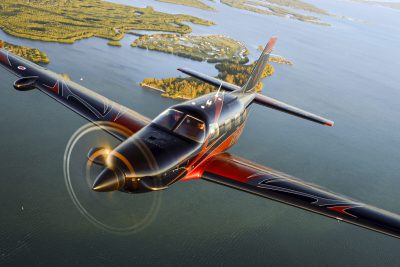
- Piper’s M700 Fury has achieved Transport Canada certification after a Canada-based customer purchased Piper’s latest turboprop. The single-engine aircraft will be certified by TC for flight into known icing conditions. Piper’s fastest aircraft ever, powered by a Pratt & Whitney Canada PT6A-52 engine, has a maximum cruise speed of 301 knots and a range of up to 1,421 nautical miles.
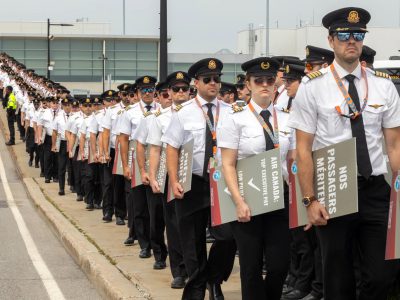
- In an effort to avoid strike action, Air Canada has offered its pilots a 30 percent pay increase over three years, with most of the increase, 20 percent, in the first year, according to reports. Larger increases would be offered to pilots with less than four years with the company. Currently, Air Canada’s senior captains on widebodies like the Boeing 777 earn around $350,000 per year. Pilots have not received a raise since last year.
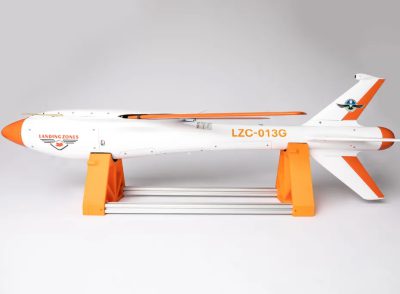
- Landing Zones Canada Inc. of Medicine Hat, Alberta is proposing that Environment Canada replace its radiosondes, devices which monitor atmospheric conditions around the country in order to forecast weather, among other things, with its GITPO RP AS (drone), which recently completed test flights. The company claims their solution is much more environmentally friendly because it would end e-waste like PCBs, batteries and plastics the radiosondes leave scattered across landscapes nationwide. The federal department launches, and subsequently abandons around 20,000 radiosondes a year.
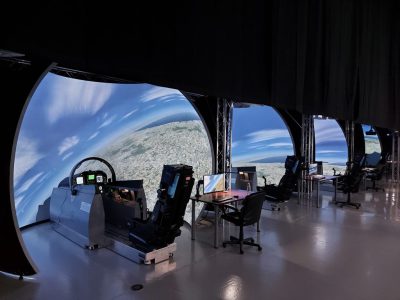
- A number of Armed Forces of Ukraine pilots arrived in Canada this week to begin “Fighter Lead-in Training” (FLIT) at the International Tactical Training Centre Ltd.’s (ITTC) facility in London, Ontario. Although training is intended to prepare the Ukrainians for flying F-16s, the Canadian company provides only simulator training on that aircraft type while proving actual combat aircraft training on the company’s Hawker Hunter T.7, and Aero Vodochody L-39C Albatroses and L-29 Delfins.
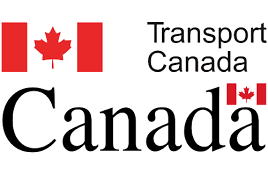
- Nominations are open for Transport Canada’s 2025 Aviation Safety Award. Canadians and Canadian organizations that have made “a significant and outstanding contribution to aviation safety in Canada” are eligible to be nominated. The award ran annually from 1988 to 2014 and was relaunched in 2021. Nominations close on September 25. Click here for further information.
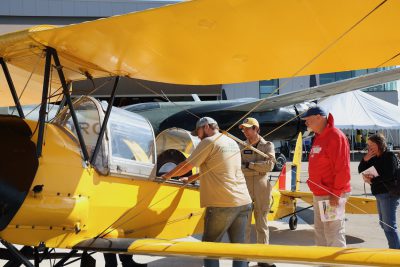
- Those within driving or flying distance of Winnipeg on September 15 may want to check out a collection of visiting Second World War-era aircraft that were used to train pilots in the British Commonwealth Air Training Plan, a unprecedented effort that saw thousands of young men from around the world train in locations right across Canada for aerial transport and combat roles. Aircraft that will be present that day at the Royal Aviation Museum of Western Canada include a 1938 Fleet Finch I, a 1943 DHC 82C Tiger Moth, a 1944 Fairchild M62-3 Cornell II and a 1938 Stinson HW75.
